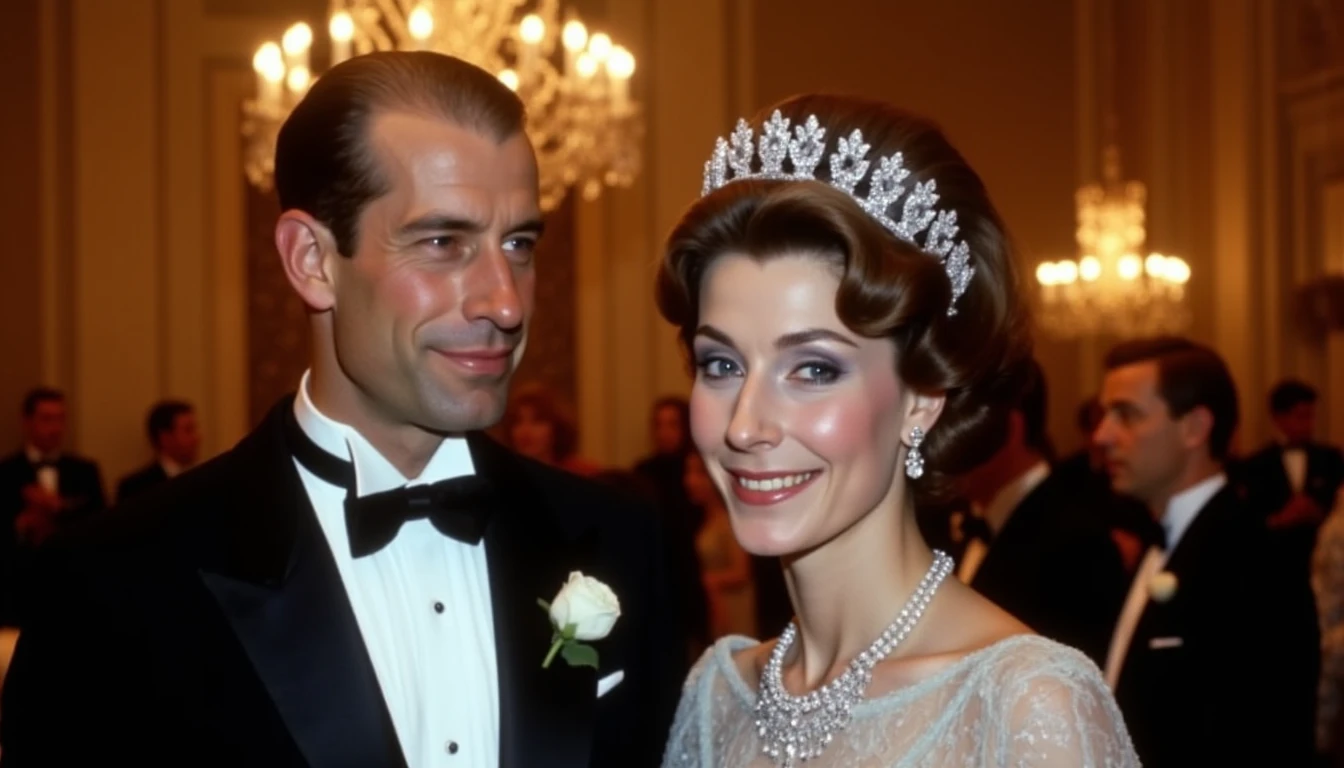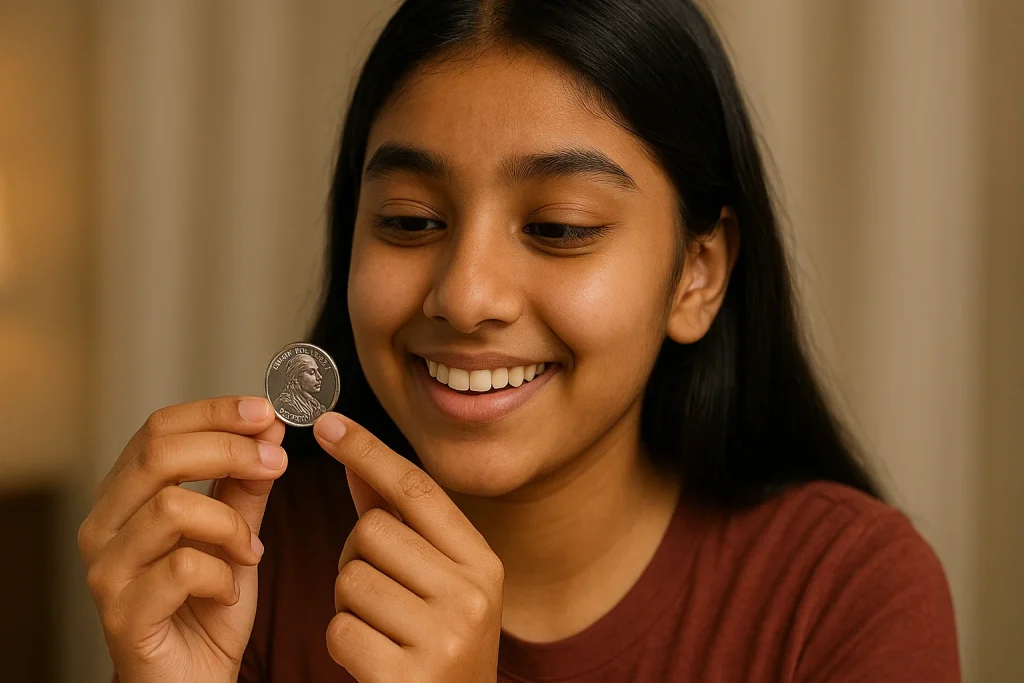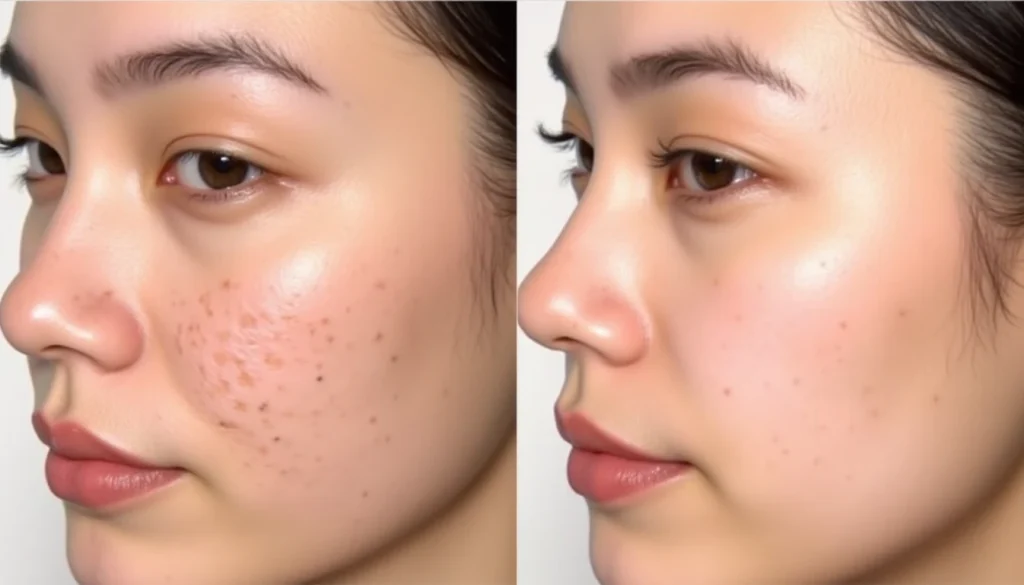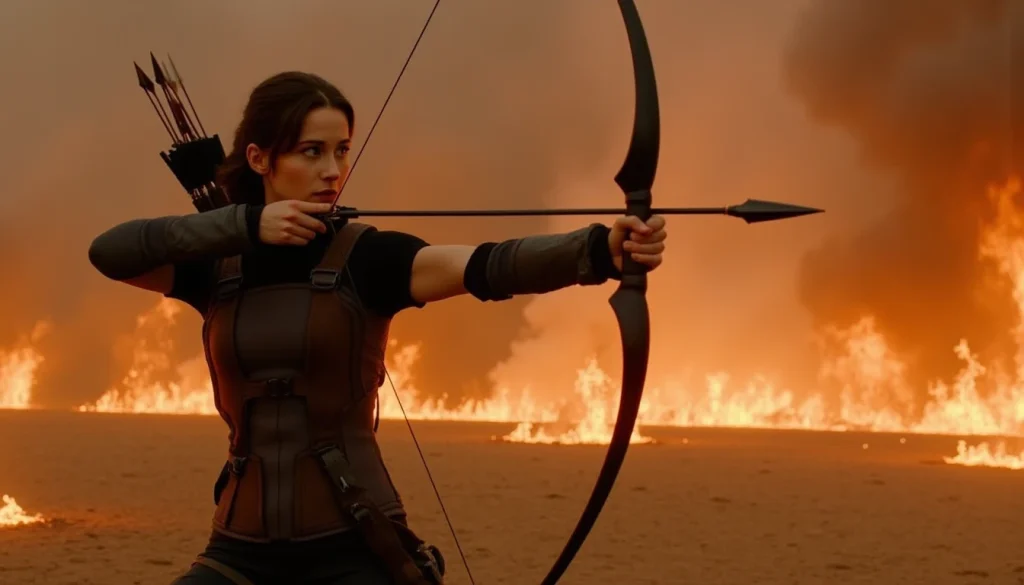Plotline and Historical Accuracy
The Crown is a historical drama that delves into the inner workings of the British monarchy from Elizabeth II’s ascension to the throne until her death. The show takes viewers on a journey through significant events, such as the Suez Crisis and the rise of Margaret Thatcher. While it maintains a high degree of historical accuracy in most cases, there are some instances where creative liberties are taken.
The plotline is engaging and thought-provoking, offering valuable insights into the pressures faced by monarchs and how they navigate complex political situations. It also explores the personal lives of key figures within the royal family, shedding light on their relationships and struggles behind closed doors. However, the show occasionally skews the truth to create more dramatic scenes or highlight certain character traits.
One example is the portrayal of Prince Philip in the first season, where he is depicted as a much harsher and less supportive figure than historical records suggest. While this decision might have been made to emphasize Elizabeth’s growth and independence, it deviates from reality and potentially misleads viewers who are not well-versed in British history.
Character Development
The Crown features a compelling array of characters whose journeys are intricately woven throughout the series. The portrayal of Queen Elizabeth II by Olivia Colman stands out as particularly noteworthy. Her performance captures both the regal nature and human vulnerabilities of the monarch, showcasing how she evolves from a young princess to a seasoned queen.
Another well-developed character is Prince Charles, played by Josh O’Connor. His storyline delves into his complicated relationship with Princess Diana and his struggles with being next in line for the throne. The show also provides depth to lesser-known figures like Camilla Parker Bowles and Princess Margaret, offering viewers a more comprehensive understanding of the royal family’s dynamics.
However, some characters receive less attention than their real-life counterparts might warrant. For example, Prince Edward’s storyline is relatively underdeveloped compared to his brothers’. Additionally, while the show touches on issues such as mental health and substance abuse within the royal household, it could explore these topics in greater depth to provide a more nuanced portrayal of their impact.
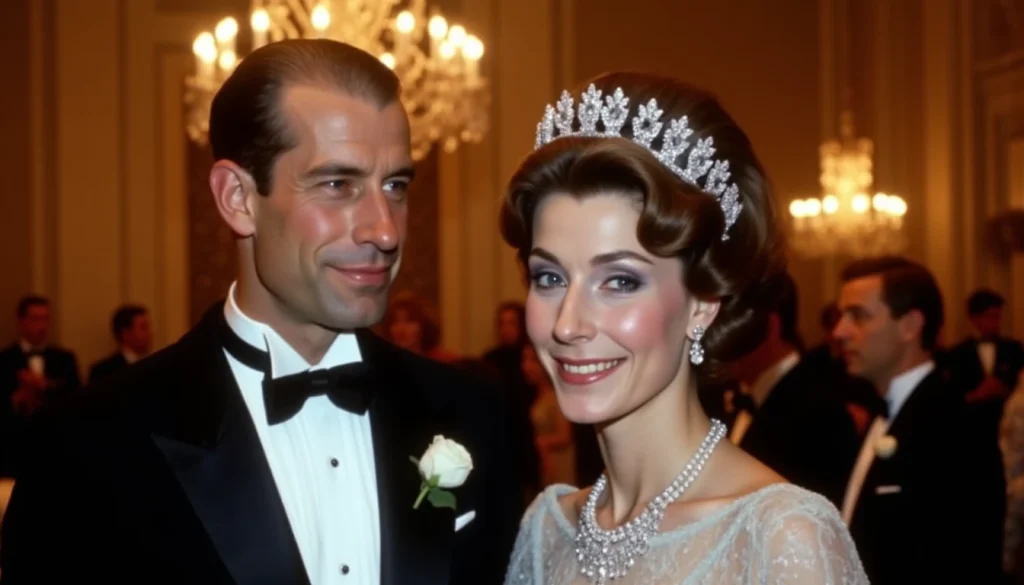
Production Quality
The Crown boasts impressive production values that transport viewers into the opulent world of Buckingham Palace and beyond. The attention to detail is evident in every aspect of the show, from costumes to set design and cinematography. The series accurately replicates historical events and locations, immersing audiences in pivotal moments that shaped modern Britain.
One notable example is the depiction of the coronation ceremony for Queen Elizabeth II, which was meticulously recreated using archival footage as a reference. Similarly, the portrayal of key political figures like Winston Churchill and Harold Wilson captures their distinct personalities and mannerisms with precision.
However, there are occasional instances where the production quality falters. For instance, some scenes featuring large crowds or extras lack the same level of authenticity seen in more intimate settings. Moreover, while the show’s visual aesthetics are undoubtedly stunning, it sometimes relies too heavily on CGI for certain effects, which can be jarring when juxtaposed with realistic elements.
Themes and Cultural Impact
The Crown explores a range of themes that resonate with contemporary audiences, making it more than just a historical drama. One central theme is the balance between duty and personal desires, exemplified by characters like Prince Philip and Princess Margaret who grapple with their roles within the monarchy while seeking individual fulfillment.
Another important theme is gender equality, as the show highlights how women’s rights have evolved over time and the challenges faced by female monarchs in a male-dominated society. The series also delves into issues of race, class, and power dynamics, shedding light on the complexities of British society during different eras.
The Crown has had a significant cultural impact since its release, sparking renewed interest in British history and reigniting debates about the role of the monarchy in modern times. It has also influenced popular culture through its portrayal of iconic figures like Princess Diana and Margaret Thatcher.
However, some critics argue that the show’s focus on the royal family comes at the expense of exploring other important aspects of British history, such as social movements or technological advancements. Additionally, while the series strives for historical accuracy, it sometimes simplifies complex events or overlooks less glamorous moments in favor of more dramatic scenes, which could lead to misconceptions about certain periods.
Acting Performances
The Crown features a talented ensemble cast that delivers standout performances across multiple seasons. Olivia Colman’s portrayal of Queen Elizabeth II stands out for her ability to convey the monarch’s growth and complexities with subtlety and nuance. Her performance is complemented by Gillian Anderson’s depiction of Margaret, which captures both the character’s charisma and vulnerability.
Other notable performances include Matt Smith as Prince Philip in the first two seasons, Josh O’Connor as Prince Charles from season three onwards, and Helena Bonham Carter as Princess Diana in seasons four and five. These actors bring depth and authenticity to their roles, making the characters feel like real people rather than mere historical figures.
However, there are occasional instances where certain actors struggle to match the caliber of their predecessors when taking over roles for new seasons. For example, while Emma Corrin does an admirable job as Princess Diana in seasons four and five, some viewers argue that she lacks the raw intensity portrayed by Elizabeth Debicki in season three’s limited episodes focused on the princess.
Overall Assessment
In conclusion, The Crown is a captivating historical drama that offers valuable insights into British history while delivering stellar performances from its cast members. Its intricate plotlines and attention to detail make it an engaging watch for both history enthusiasts and casual viewers alike. However, the show’s occasional departures from historical accuracy and uneven character development are drawbacks that prevent it from receiving a perfect score.
Ultimately, The Crown is a worthwhile addition to any television enthusiast’s repertoire, offering a thought-provoking exploration of power, duty, and personal sacrifice within the context of the British monarchy. Its impact on popular culture and ability to spark meaningful discussions about history make it a must-watch for anyone interested in understanding the complexities of modern Britain.
